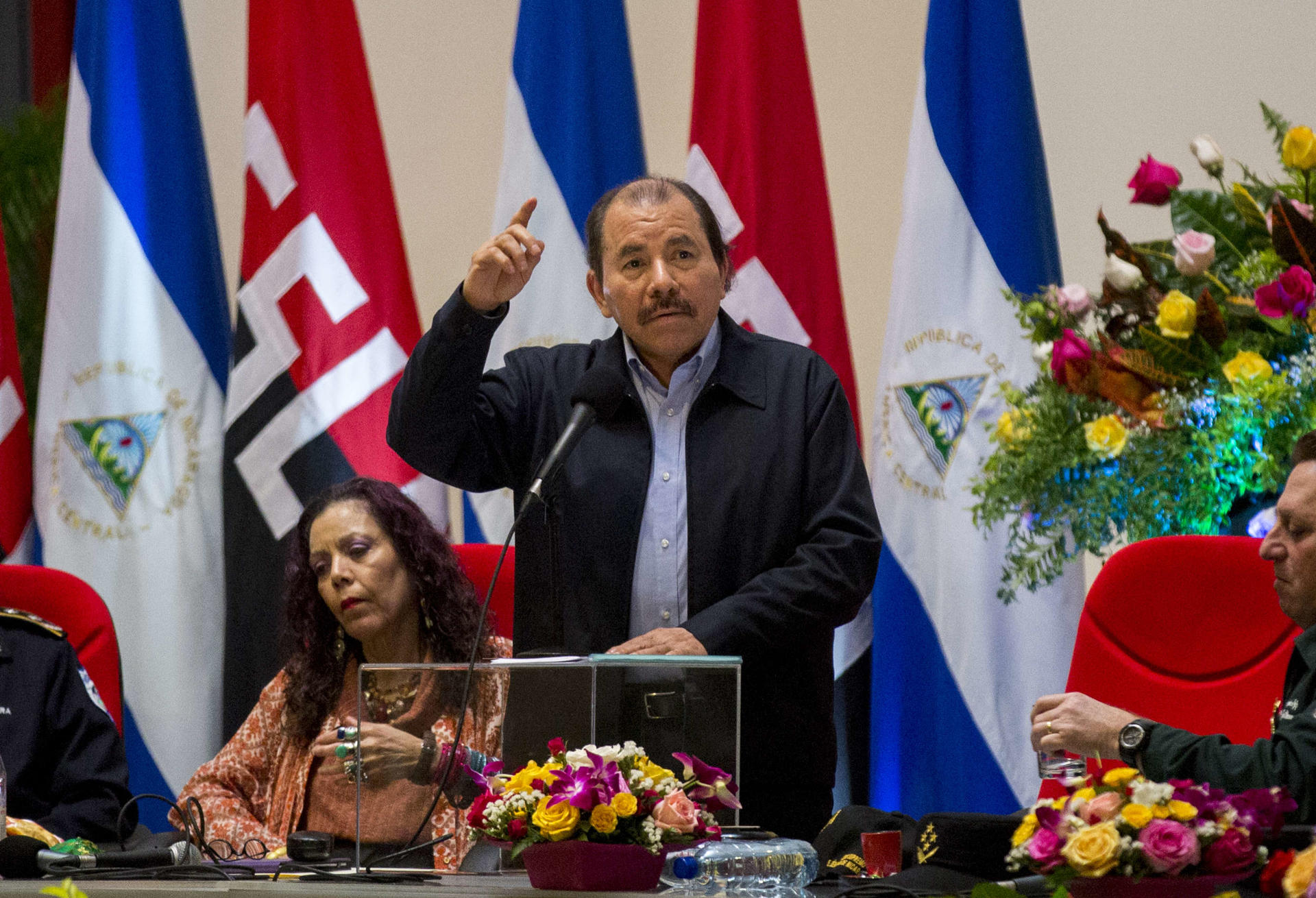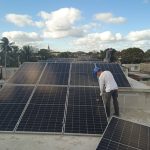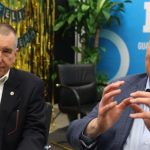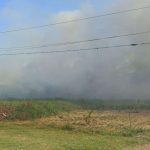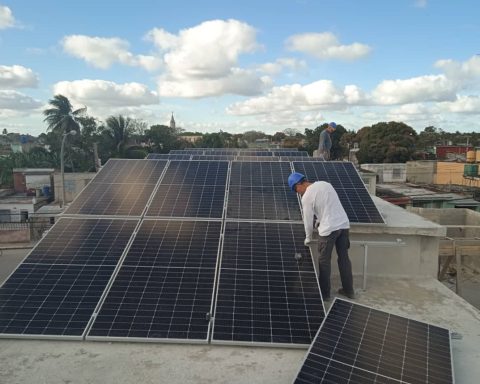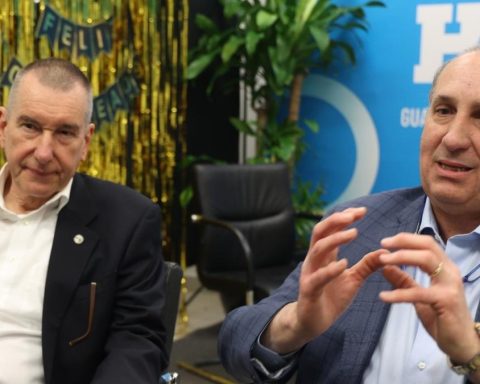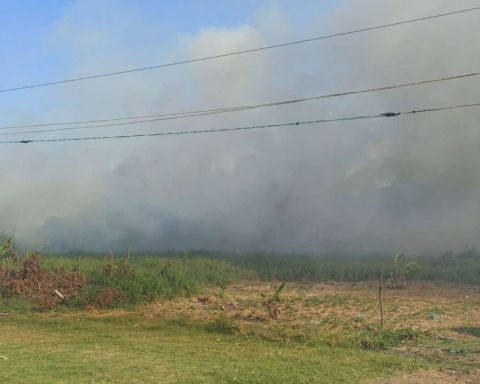Open Polls revealed that between 2017 and 2022, the municipality of Managua was the territory that received the most resources for the execution of projects, thus leaving the rest of the municipalities at a disadvantage.
In the article “Public investment in the territory”the agency affirmed that the majority of construction projects for roads, hospitals, water sanitation, among others, are mainly financed through donations and loans, which Nicaraguan citizens pay with their taxes and not by the government party they lead. the dictator Daniel Ortega to how the regime has “sold” him.
He also stressed that the project «Rehabilitation of the Juan Pablo II track»According to official documentation, “it would have a total cost of US$ 274.87 million dollars, to be executed between 2019 and 2025, and would be 87.85% financed by loans from the European Investment Bank (49.48%) and CABEI (38.37%); while the remaining 12% would be contributed with the Managua Mayor’s own resources.
Related news: Regime ready to execute millionaire CABEI loan for “road improvement”
“Until December 2021, a total of 1,194.95 million córdobas would have been executed, which, according to the public investment monitoring section of the website of the National Public Investment System (SNIP), mostly refer to payment for ” Compensation for clearance of the right of way for the Rehabilitation of the Juan Pablo II Runway in the city of Managua”, which totals about 897.57 million córdobas,” he indicated.
“In 2022, a total of 3,720.49 million córdobas was allocated to continue this project, of which 1,099.67 million were allocated to the construction works of 5 overpasses at the intersections: El Periodista, ENEL, Metrocentro, Plásticos Robelo and Santo Sunday, according to information from the SNIP,” he continued.
“This is the most important investment that is underway (until the revision made to the year 2022) in the transport sector and, as recorded by the SNIP, it has 13 works of which 9 are physical infrastructure generation,” he added.
The road sector, the most favored
Open Ballot Boxes also pointed out that in the last five years the road infrastructure It has been the item with the highest public investment in Nicaragua.
“Between 2017 and 2022, 260 projects were identified, broken down into 1,1195 individual works, which range from project feasibility studies to construction start-up,” he said.
The interdisciplinary team ranks as the second flagship road infrastructure project the “Improvement of the Rosita-Puerto Cabezas highway in the Autonomous Region of the North Caribbean Coast”which is currently running.
This project is executed by the Ministry of Transport and Infrastructure (MTI) and is 99% financed by CABEI, through Loan Contract No. 2229 VIII CABEI Highway Improvement and Expansion Program.
“The information reported by the SNIP shows that the project effectively began in September 2019 and will end in November 2023, with a total cost of 7,489.84 million córdobas,” Urnas Abiertas detailed in its article.
In addition, the agency stressed that the Ortega regime has taken the historical needs of the Nicaraguan population to make political propaganda, such as the supply of drinking water in Bluefields.
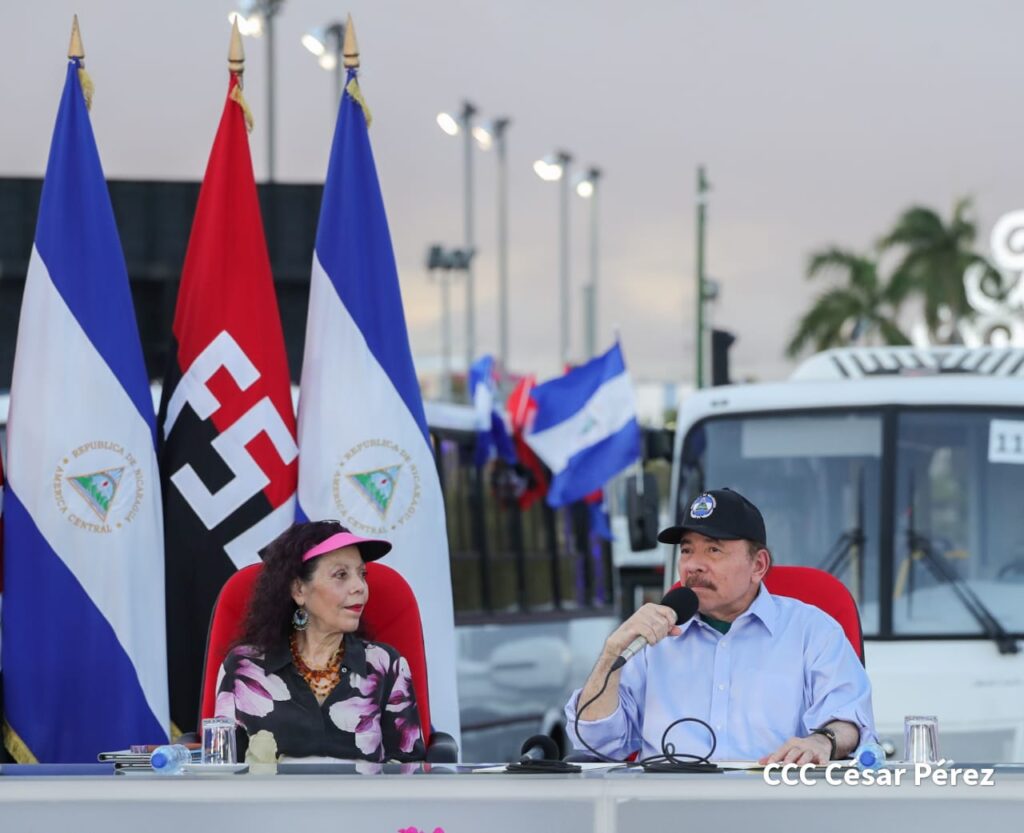
“The recently inaugurated water system is a dream come true and one of the citizen demands that have historically occupied the political agendas of regional governments. But the credit “cannot be for the FSLN”, says a local who attributes this project to him and the citizens”, reads the article.
For its part, the propaganda channel Channel 4 attributed this important project to the “good management” of the Ortega regime through ENACAL. However, this project was 47% financed by a loan from CABEI, donations from the European Union (27%) and the Government of Spain (20%) and executed with only 5% treasury funds.
Open Ballot Boxes assured that “investment projects do not have the same public information, which limits the population’s ability to exercise proper control. (…) There is also no possibility for citizens to influence public investment decisions, despite the fact that the projects should aim to improve the quality of life, this whole situation on the one hand deepens the lack of transparency and on the other hinders the achieve progress in development and social welfare.
